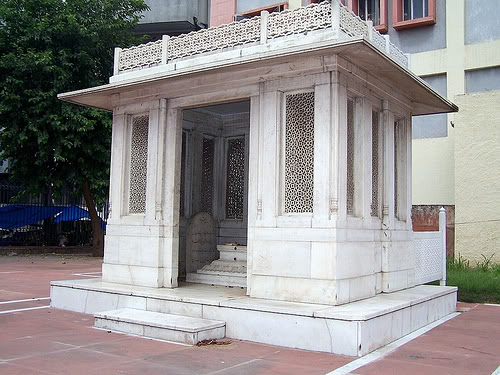What does it take for a decently intelligent and an ordinarily hardworking person to make it through a fierce competition? A lot of luck. Surely, there is a perennial attempt to undermine the role that luck plays. Jefferson is quoted to have said that the harder he works, the luckier he gets. This is true to a large extent. When one prepares confidently and waters down all weaknesses, the chance of success does increase. But, does this stand valid when the competition is so intense and the scope of success so small that the margins are highly miniscule?
CLAT – the Common Law Admission Test – will have around 1.4 Lac takers this year. The saturation of IIT-JEE coupled with the romanticising of National Law Universities has caused this heavy increase in the number. The unfortunate pandemic situation forced extension of deadlines to fill in the form, opening up a window to those deciding at the eleventh hour to try a shot at this exam.
The number itself, however, is not much of an issue. Afterall, several other exams in India have over half a million applicants. But, it’s the narrow scope of success that is worrisome. The 22 NLUs under CLAT all total to 1,355 seats for the General Category, with almost an equal number for the Reserved Categories. Comparing this to the total applicants, less than one percent have the chance of landing in an NLU. I repeat, not even one percent! To put it another way, if a candidate goes to take the exam at a centre which caters to five hundred students, a mere five will taste success.
While all this competition is one thing, the CLAT this year has been particularly spiced up with a lot of pattern and syllabi changes. The purpose was to streamline the process so that those with the best of Reasoning abilities and Knowledge are selected. This is surely a noble aim. CLAT, over the years, had become too mechanical where students simply understood the general nature of questions and toned themselves to solve those. This lead to a flourishing of coaching institutes thumping their chests of producing high rankers as they spoon-feed students with the ‘past year questions’ that neither gave them any substantial knowledge nor prepared them to be a good law student. It so happened that most students would know the answer to a Legal Reasoning question simply by looking at the facts or the principle, without as much as pondering over the rationale of their answer.
At the outset, I do appreciate these changes. They were much needed and had to be done years ago. But all these changes seemed to have created another problem, a problem much larger than they sought to solve. The new paper requires the candidates to be very strong at the language. A student might have excellent reasoning abilities, but they can only be utilised once she passes the hurdle of being swift, strong, and immaculate at the language. It is only when one understands the large paragraphs and the demand of the question that she can ponder over the given options and choose the correct one. If one does not process the given text within the given time, she does not even reach the stage where her reasoning skills are tested. This causes a huge barrier to those who have not had opportunities to hone their linguistic skills.
To make it all worse, the lack of adequate language skills can be attributed to the poor school standards across the country. Those who are privileged to have grown up in urban upper class households with educated parents and high-standard schools are clearly ahead in the CLAT race. Although the previous pattern was not on-point in testing reasoning, it was, if nothing, more accommodative of students with an average schooling and a determination to fill in the gaps. It is quite uncomfortable and disheartening to see plenty of students message me their doubts and queries using wrong grammar. Many simply do not understand the given text and ask for an explanation. At the risk of being extremely judgemental, I sense, at that very moment, that these students may not stand a chance to be in the top one percent that CLAT is going to skim off for NLUs.
It seems that the zeal of reforms has made the Consortium reckless as they undermine inclusivity. Given how small the margins are going to be in the eventual rank list, mis-reading even a word in the paper can mean failure. It is hard to see how a student with average schooling, poor exposure, and high pressure may crack the exam and walk to an NLU. The competition has turned a stream into a river, the pandemic has added a flood to this river, and the Consortium has narrowed the flood-gates allowing only the privileged to pass through.
Ultimately, it will be unfair for those who make it to the NLUs to credit their achievement entirely to their hard work and intelligence. Similarly, it will also be unfair to undermine the skills of those who fail. CLAT has, unfortunately, become a game of chance at which, even before the exam, thousands have already lost to a privileged few.
